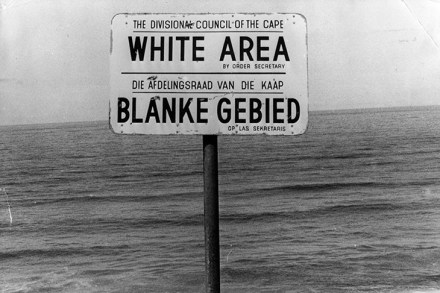A tainted paradise
Ian Fleming’s voodoo extravaganza Live and Let Die finds James Bond in rapt consultation of The Traveller’s Tree by Patrick Leigh Fermor. ‘This, one of the great travel books, is published by John Murray at 25s’, proclaims a footnote in the first edition. Fleming was a friend of Leigh Fermor, so this is to be expected. Published in 1950, The Traveller’s Tree may still be the best non-fiction account of the West Indies. ‘It’s by a chap who knows what he’s talking about’, M tells 007, knowingly. But Paul Morand’s 1929 Hiver caraïbe comes a close second. The question is: why has it taken 90 years for this masterwork to




















